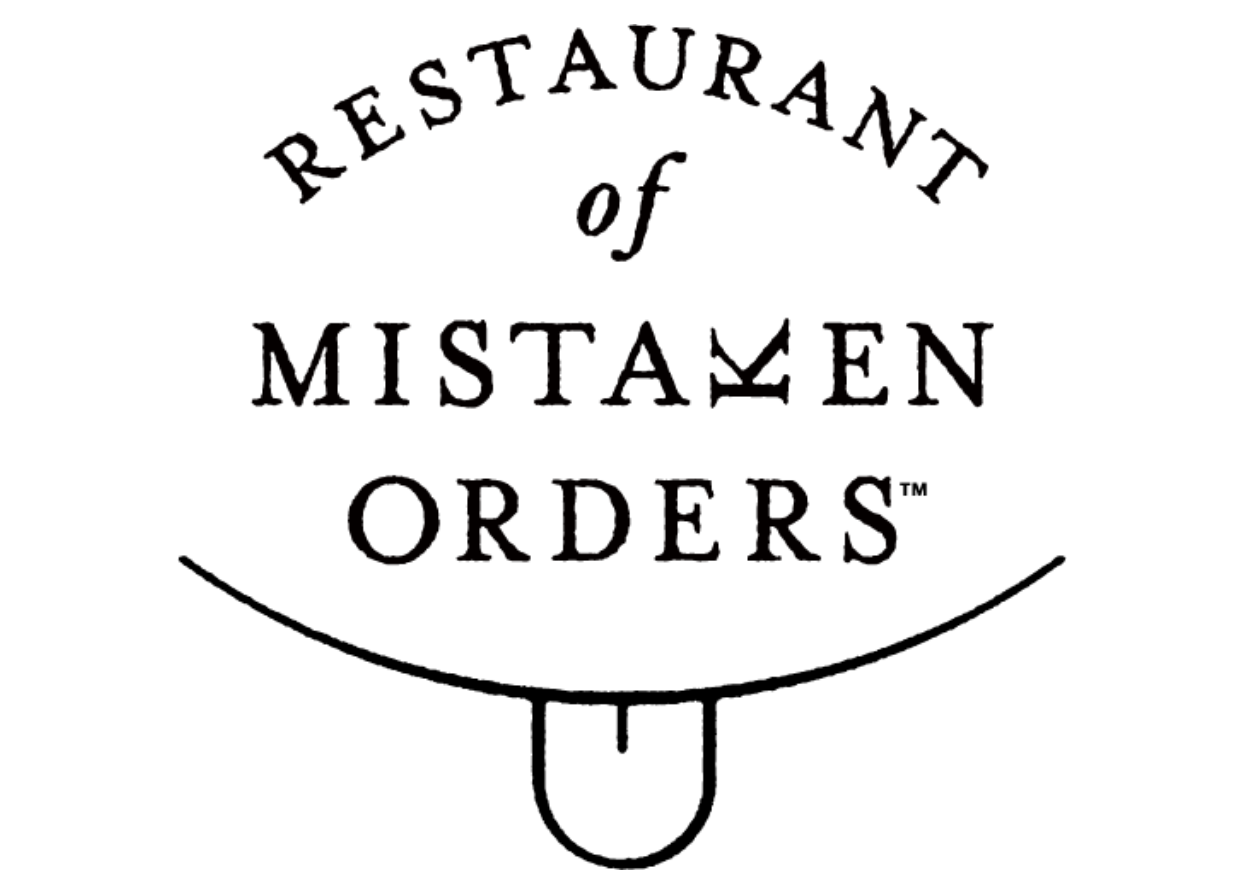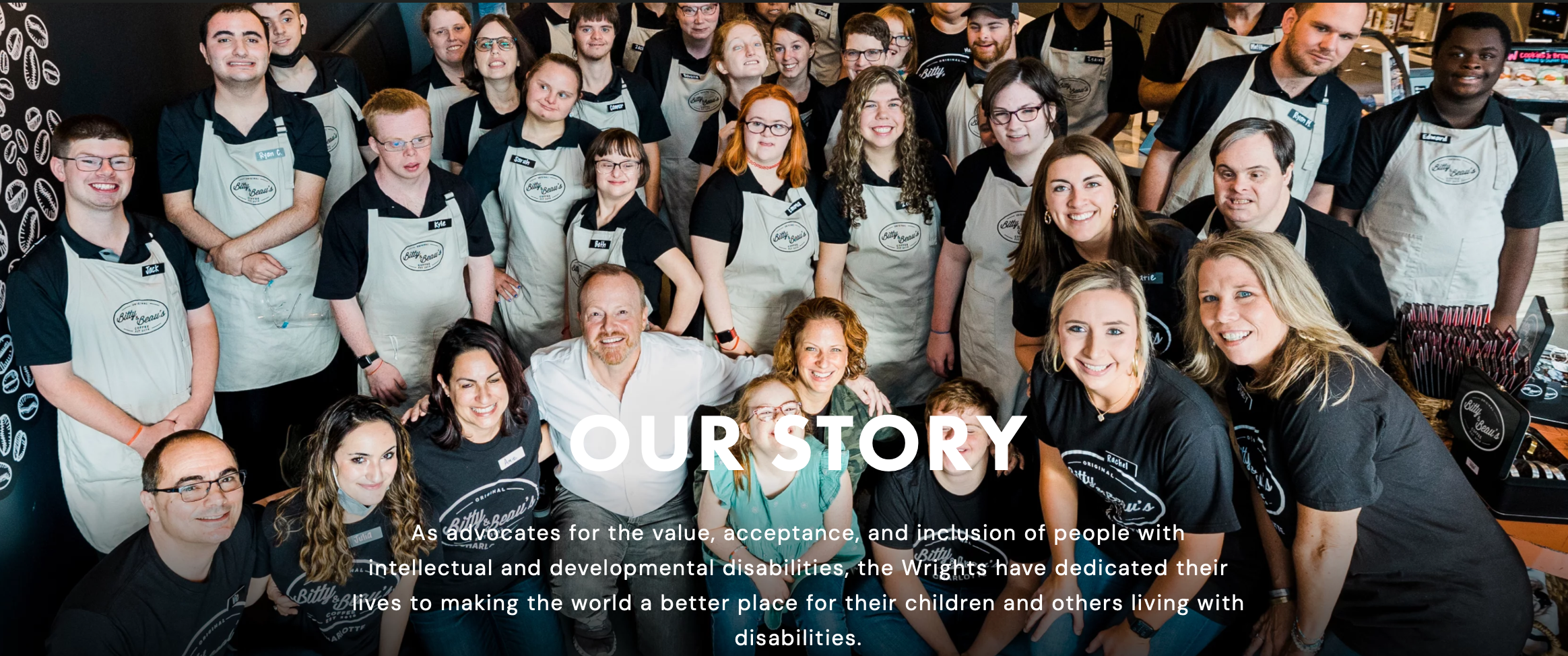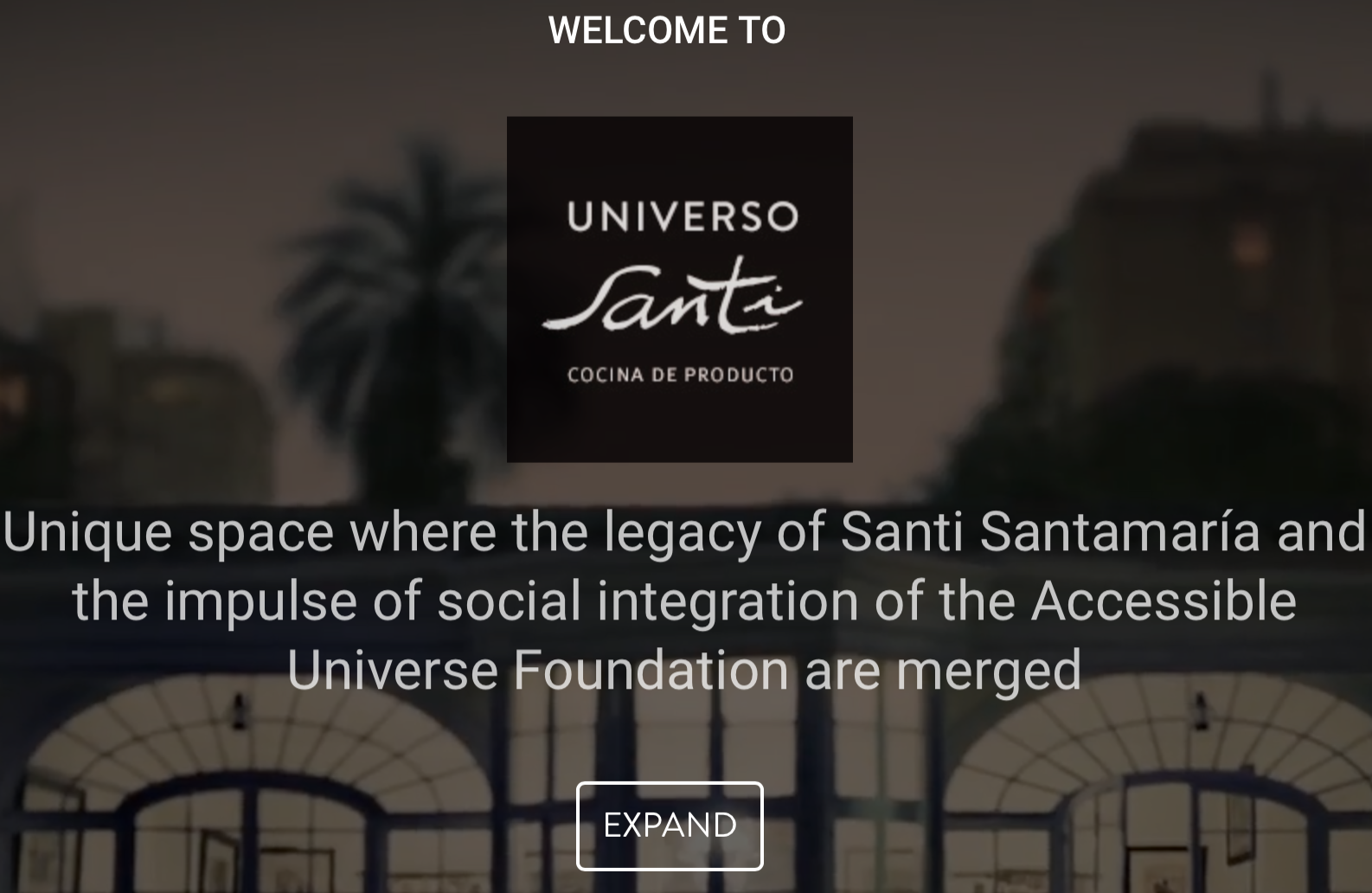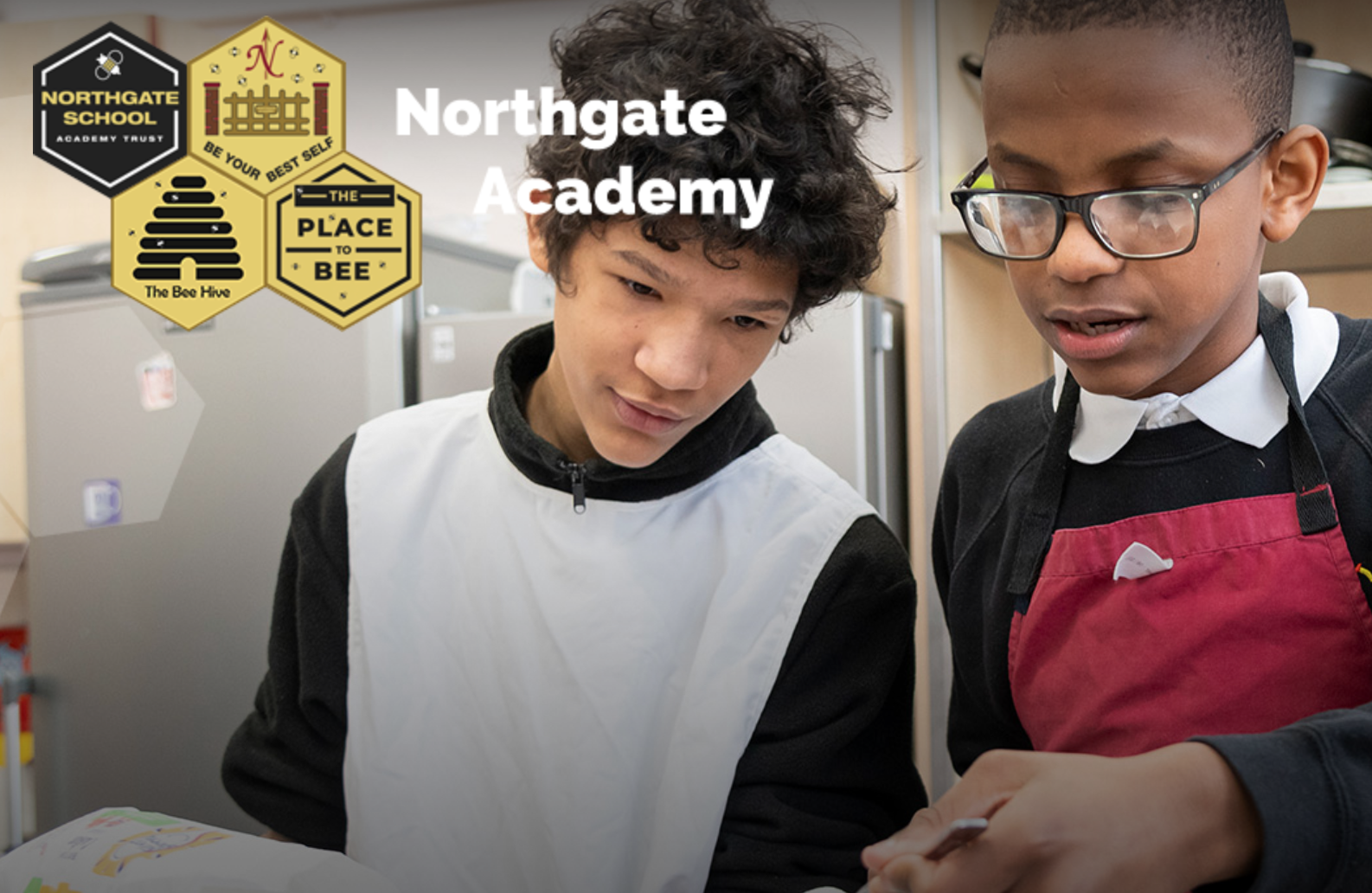September is an important month of the year when it comes to health awareness. It commemorates days for Alzheimer’s, deafness, blood cancer, sickle cell, suicide prevention awareness, and many more. For those affected this is the month when they can show that living with a disability or illness isn’t the end of the world. And that they can live a valuable and fulfilled life regardless… If given the opportunity.
The following hospitality hot spots have done just that. They have provided an opportunity for individuals that are usually excluded from the workforce to develop themselves personally and professionally and live more autonomous lives.

Japan: Restaurant of Mistaken Orders
It’s no secret that the Japanese government’s biggest issue is its overly aging society. And while the government is trying to tackle the economic problems, the rest of the country finds itself in another pickle. Aging population is prone to contracting various physical and mental health issues.
In Japan 4.6 million people live with dementia. And the numbers are only growing. By 2050, statistics predict that 1 in 5 people will develop the illness. Naturally, the common folks view such diseases through negative images. The symptoms of radical forgetfulness and the aimless wandering around are what make the topic so taboo.
In order to bridge the gap this taboo crates, Shiro Oguni thought of a special project which he hoped will broaden the public’s understanding of dementia. His aim was for “a society where people can live with peace of mind even if they have dementia”. And in September of 2017, he launched the Restaurant of Mistaken Orders, where all of the servers were people living with dementia.
This heartwarming project delivered a wholesome experience for all of its guests. Some of them admitted that “there were some mistakes, but it was so warm hearted you just laughed it off”. But none of the mistaken orders mattered when 99% of the customers shared that they were happy and satisfied. And not only were customers content, but so were the staff members. The little adventure the Restaurant of Mistaken Orders was to them, showed them what it means to feel alive and have a purpose again.

USA – Bitty & Beau’s
But Japan isn’t the only country which struggles with its populations health. In the USA over 80% of the nation suffers from some type of intellectual or developmental disability. And to no one’s surprise, nearly 70% of them aren’t able to find a job. With their kids living with autism and Down syndrome, the Wright family was absolutely shocked by these revelations.
So, to help fix the problem (at least partially), they founded the Bitty & Beau’s coffee shop. Its aim is to employ people with TBI, Down’s syndrome, autism, cerebral palsy, etc. The café is meant to create “a path for people with disabilities to become more valued, accepted and included in every community”.
The first Bitty & Beau’s opened in 2016 in Wilmington, North Carolina. It employed 19 individuals with intellectual and developmental challenges. Today Bitty & Beau’s has branched out into 19 different coffee shops across the country. And is currently employing more than 400 disabled people.
The coffee shop has generated a big buzz around its cause and people from all over the USA rush to visit it and experience the joyful environment its employees create. Without a doubt, all of their customers have nothing but positive reviews to share. “Coffee was great, but the staff and smiles were better than any cup of coffee. I could have stayed all day”.
It’s time to change how we, as a global society, view people with illness and disabilities. We should strive towards a more accepting community where everyone is valuable and valued. Regardless of whether we are born with health complications or not. We all deserve to be treated with respect and kindness and be given equal opportunities to develop ourselves. And this is what Bitty & Beau’s has achieved in the past several years.

Spain – Universo Santi
Hidden in southern Spain, in the city of Jerez de la Frontera, you can find Universo Santi. On the road of obtaining its own Michelin star, the restaurant is a home to more than 40 employees which all live with disabilities. Be it mental or physical health complications, it doesn’t matter, because anyone can have a place at Universo Santi. For Antonio Vila, the driving force behind the restaurant, what’s important is passion, dedication, and a strong will for personal success. This is all you need to thrive in the world of culinary and hospitality.
Through the restaurant, Vila’s aim is to promote employability and integration of disabled people, so they can live more autonomous and independent lives. He has dedicated his career to show how such people can positively impact the economy by joining the mainstream workforce. Given time, patience, and the right training.
Universo Santi has become a beloved spot at Jerez not only due to its mission. But also because of the excellent service and outstanding gastronomy offered there. It specializes in Mediterranean gourmet cuisines, which all come from local produce. Vila shares that “people don’t come here because the staff are disabled, but because it’s the best restaurant in the area”.
Regardless of why Universo Santi receives such heartwarming praises, it’s no secret that it has changed lives. As Alejandro Giménez, a commis chef, reveals: “It’s given me the chance to become independent doing something I’ve loved since I was a kid”.

United Kingdom – The Bee Hive Café
Unfortunately, the UK isn’t far better than the rest of the countries mentioned in this list when it comes to social integration of disabled people. More than 1.5 million people live with learning disabilities, and unsurprisingly more than 90% of them aren’t part of the workforce. The situation is dire and is in desperate need of drastic change.
Thankfully, places like the Bee Hive Café exist which provides students with working opportunities within different environments. The Bee Hive Café is a part of the Bee Hive program at Northgate school, Northampton which aims to help students with learning disabilities to excel educationally and vocationally in order to make their first steps into the workforce. Prepared and with confidence. Each students has an individual program, specifically tailored to their needs which helps them to progress into the first stages of either higher education, or employability.
So, by the time they graduate they can feel confident in their knowledge and skills and step with their heads held high into adulthood.
